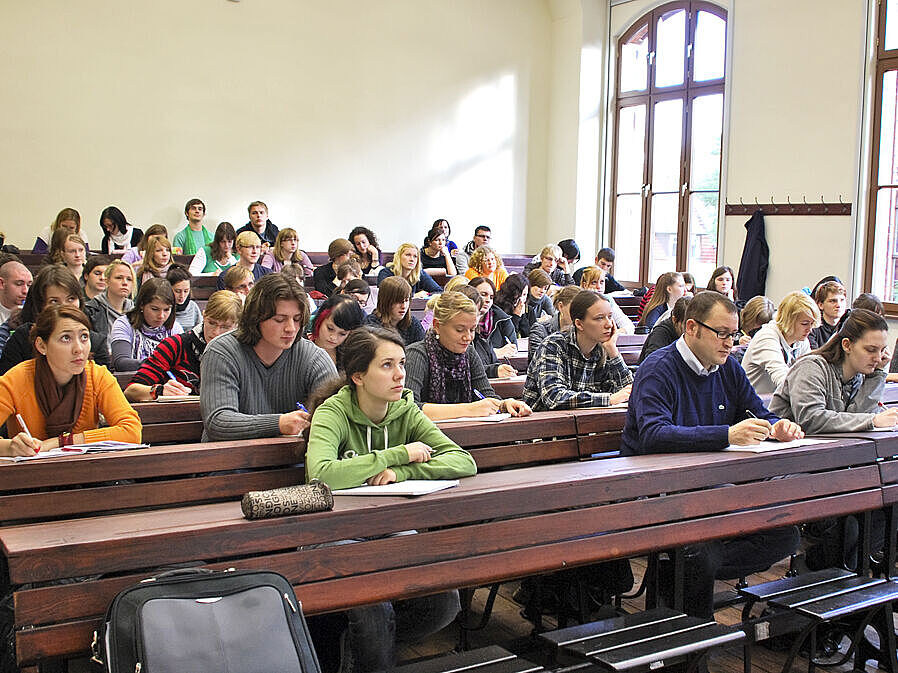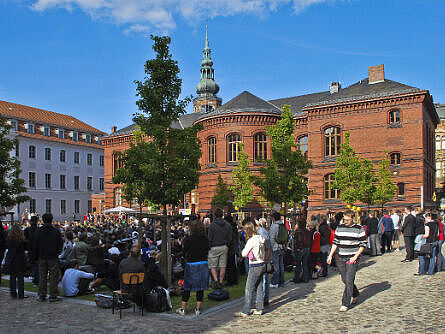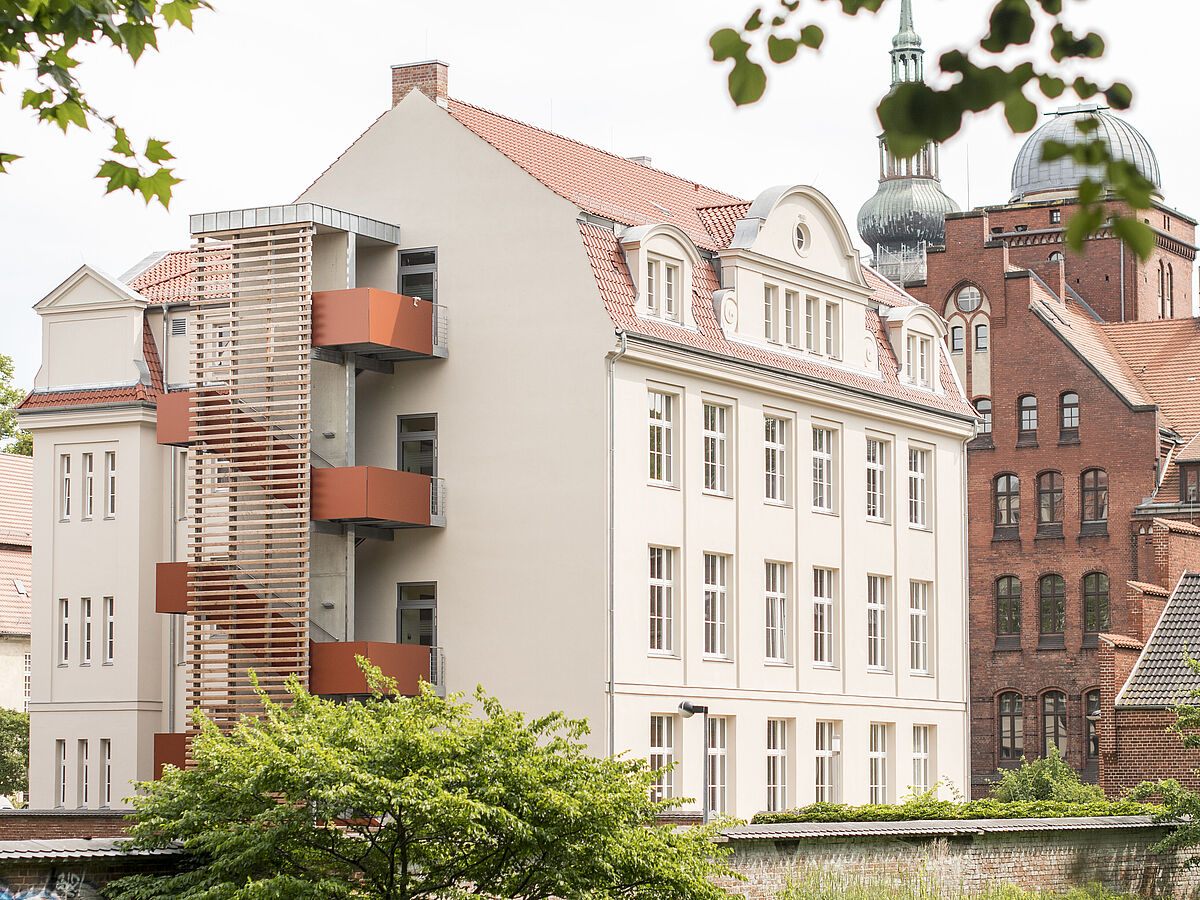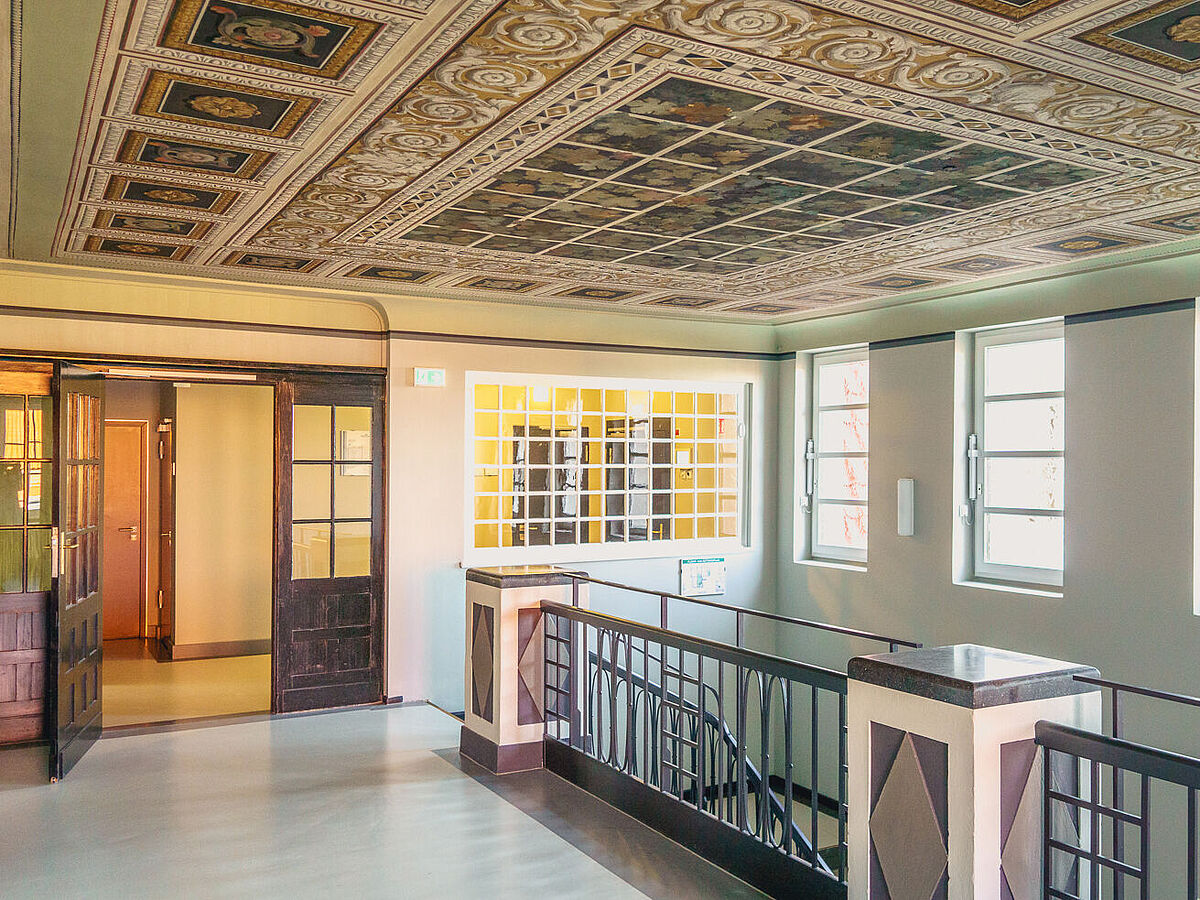Six professorships represent the individual historical ages, the history of knowledge, the transnational history and the history of Eastern Europe throughout the ages. Furthermore, the Department is home to the fields of ancient history and the history didactics, as well as Ancient Greek and Latin studies.
Since April 2021, the Department has been participating in the International Research Training Group 2560 ‘Baltic Peripeties’, a joint research programme involving three universities in the Baltic Sea region – Greifswald, Tartu and Trondheim. The researchers at the Department of History work in an interdisciplinary manner with various departments in the humanities, social sciences, natural sciences, theology and medicine in the research network "Fragmented Transformations. Perceptions, Constructions, Constitutions of a Region in Transition (IFZO)'. The Greifswald Epigraphical Research Team was affiliated to the University of Greifswald in 2002 by the Göttingen Academy of Sciences and Humanities in cooperation with the state of Mecklenburg-Vorpommern.
Degree courses
Research
Staff directory at the department in alphabetical order
Please consult Staff A-Z (in German) for contacts and rooms.
Degree courses

Timetable

All of the important information for the semester and classes (lectures, seminars, exercises, etc.) can be found in the annotated timetable.
Students can register for classes via the self-service portal.
Documents for the clases can be found on Moodle.
Events

Both cultural and academic events ensure plenty of variety in everyday student life. Guest lectures, conferences and workshops are just some of the possible formats that enrich studies.


